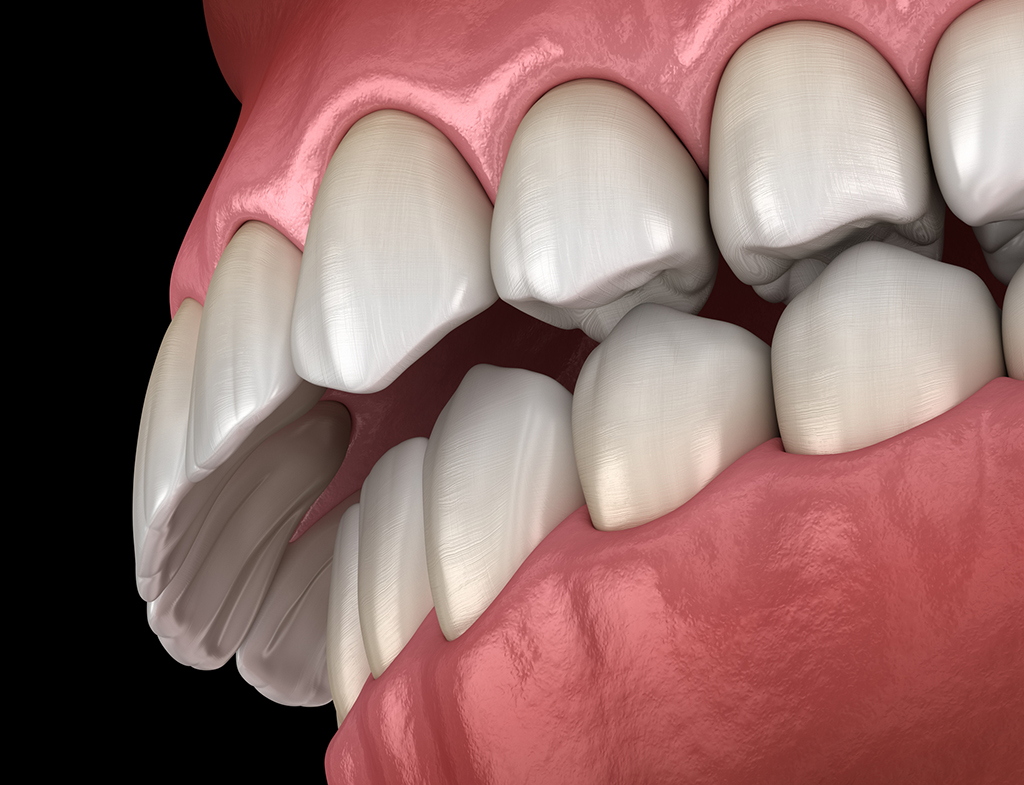
Orthognathic Surgery For A Top Oral Surgeon | Richardson, TX
Photo By alex-mit at istock
At NextGen OMS, we offer oral surgery services for clients in Richardson, TX and the surrounding communities. If you need jaw surgery, your doctor or dentist may recommend our clinic. New patients are welcome and we’ll do everything we can to make you feel comfortable before, during, and after your treatment.
This article describes the different types of oral surgery available and how to prepare for your procedure. It also includes recovery tips to help your healing go smoothly.
So, You Need an Oral Surgeon for Orthognathic Surgery. Now What?
Perhaps you’ve already been scheduled for orthognathic surgery. This type of surgery reshapes or realigns your jaws and teeth. It can improve jaw function and the appearance of your smile. Orthognathic surgery is performed by an oral surgeon or maxillofacial surgeon, both of which fall within our areas of specialization at NextGen OMS. Sometimes, your treatment plan may involve more than one procedure. Whatever it takes to meet your health goals, we keep the doors of communication open with your dental and medical providers.
Seeing Your Dentist or Doctor
Many of our patients come to us through other medical providers or dentists. For example, your dentist may recommend that you undergo surgery to reposition the jaw to correct your overbite or underbite prior to getting braces. At this time, you may undergo x-rays and other procedures in preparation for your oral surgery.
Meeting with Your Surgeon in Richardson, TX
Before the surgery, you’ll meet with our experienced oral surgeon. They evaluate your condition and advise you of plans for the surgery. This is your opportunity to ask any questions that you may have regarding medications and other factors that may be affected by the surgery. During your exam at NextGen OMS, we may take blood tests and ensure that you are in good shape for the surgery. You may also undergo more x-rays or other tests to help the doctor prepare for your orthognathic surgery.
Preparing for Surgery
Before the surgery, you should shop for items that are easy to eat and prepare. You can ask the staff at NextGen OMS for a list of foods or other items appropriate for consumption after your particular procedure. We recommend keeping food on hand that’s easy to liquify. This includes fruit, juices, milk and soups. It’s also a good idea to make sure that your blender is working properly.
Arrange for someone who can drive you to and from the procedure. Also, make sure you understand all the instructions provided regarding physical activity and eating and drinking habits that will aid the healing process. If you take regular medications, let the surgeon know so you can receive instructions for whether or not to take them the day of the surgery.
If you smoke, we recommend that you quit prior to the surgery. Smoking can complicate the recovery process and aggravate healing tissues.
Depending on the complexity of your surgery, you may have to take time off from work. This can strain your finances, so it’s important to plan ahead. That way, you can focus on healing during your recovery.
In addition to any regular medication you take, you may require a prescription or over-the-counter medicine to help with the discomfort of recovery. Ensure that you keep your medical and dental providers updated on any medication you plan to use, for safety reasons.
What Is Orthognathic Surgery?
Orthognathic surgery is also referred to as jaw straightening surgery. It includes a number of procedures involving the lower jaw, upper jaw and chin. Your dentist may refer you to an oral surgeon who can improve the function or appearance of your jawline. Common reasons for orthognathic surgery include fixing your bite or normalizing your facial proportions. Some patients undergo this type of surgery to treat sleep apnea.
Types of Jaw Surgeries Performed by an Oral Surgeon
Types of jaw surgery handled by our oral surgeon include the following:
- Maxillary Osteotomy
- Genioplasty
- Mandibular Osteotomy
- Arthroplasty
- Arthrocentesis
Maxillary Osteotomy (Upper Jaw)
During a maxillary osteotomy, we correct a receded upper jaw. The surgeon makes an incision inside the mouth above the teeth to access the upper jaw. During the procedure, the surgeon cuts through and breaks the jaw and places it in the right position. During recovery, metal screws and plates hold the jaw and teeth in place.
This type of surgery corrects a crossbite, an overbite or an open bite.
Mandibular Osteotomy (Lower Jaw)
Mandibular osteotomy is surgery to improve the condition of your lower jaw. Underbites are commonly treated with mandibular osteotomy.
Temporomandibular Joint Dysfunction Surgeries
If you have a problem with the joint that attaches your jaw to the skull, you may need TMD surgery. Temporomandibular joint dysfunction can cause severe pain in the face and jaw. This can make it hard to eat, talk and perform everyday functions.
Genioplasty (Chin Surgery)
During this procedure, the surgeon restructures the chin and jaw. Genioplasty and mandibular osteotomy are sometimes performed at the same time.
Recovery Tips for Orthognathic Surgery
It can take some time to heal from orthognathic surgery. Listen to the advice of your oral surgeon and follow these tips to help your body and mind heal:
- Take any medication prescribed as directed by your oral surgeon or medical professional.
- Be prepared to change your diet drastically as your jaw heals. There are many foods that you can still enjoy in a liquid state. Stay positive and think creatively and prepared to use your blender a lot.
- Follow instructions when it comes to oral hygiene. The doctor may prescribe a special rinse and tell you to use a baby toothbrush to help you care for your teeth during the healing process. It can take some getting used to, but you should follow a strict oral hygiene routine to help aid the healing process and prevent infections.
Contact the dedicated staff at NextGen OMS if you have any questions regarding the services of our oral surgeon.


